Homeless mental health and drugs services 'broken' in Wales
- Published
Homeless volunteer: "We've seen horrific things"
Treatment services for homeless people with drug and mental health problems are "broken", assembly members said.
Funding is too low to cope with a "rough sleeping crisis" in Wales, according to a committee report which also cited a lack of leadership.
Charities want "radical action", such as providing injecting rooms, after 40% of deaths among rough sleepers were linked to drugs and alcohol.
The Welsh Government said it wanted to end rough sleeping.
An estimated 347 people were sleeping rough at the last count - a figure based on a "snapshot" survey of people living on the streets.
Since 2013, 124 rough sleepers are thought to have died in Wales, and last year saw the most deaths so far.
In addition, the number of homeless households who are officially deemed to be in priority need of help - not all of whom are on the streets - has been rising.
The assembly's equalities committee said there were "very limited, if any integrated services" for rough sleepers with mental health or drug and alcohol problems.
"We were told that currently people are having to work around a broken system."
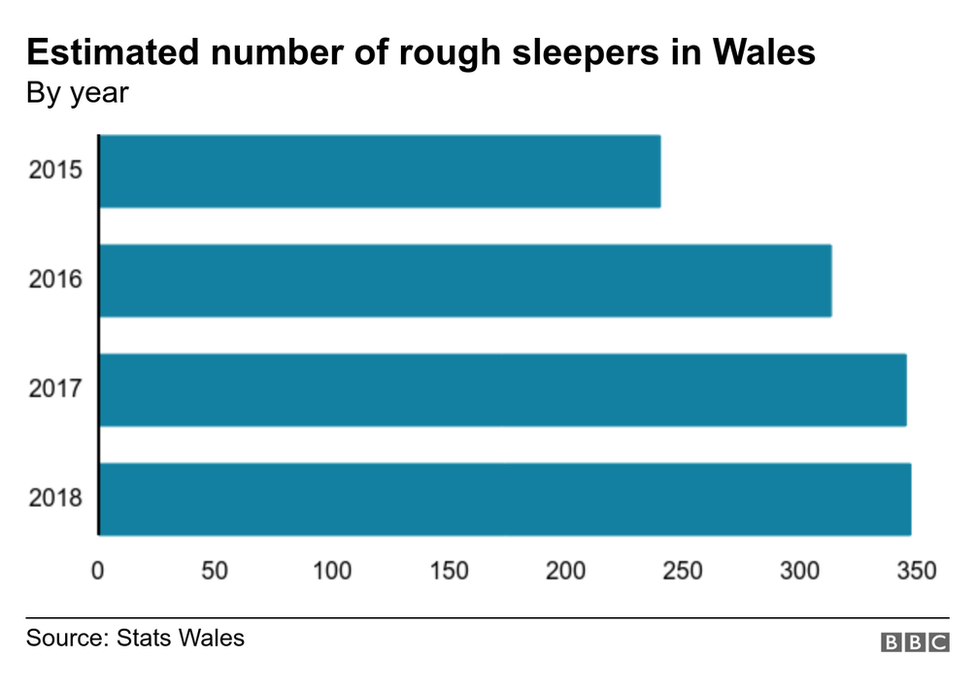
The committee said the Welsh Government should clarify whether the assembly has powers to legalise injecting rooms - safe and supervised places where addicts can take drugs without fear of prosecution.
Housing, health and drug services should work together, and people should not lose their support if they miss appointments, the report added

'We couldn't get him sorted so I put him into a bed and breakfast'
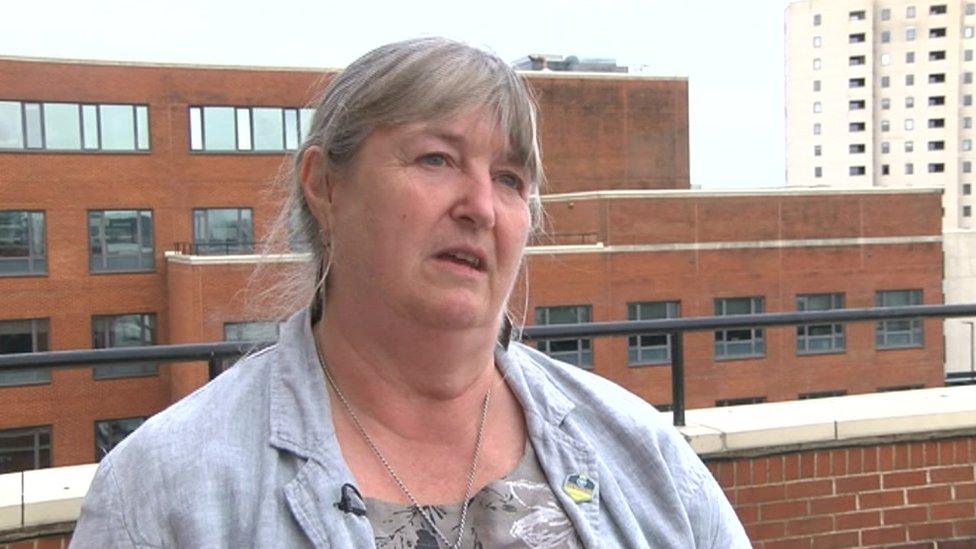
Housing minister Julie James had to intervene herself to prevent a young man sleeping on the streets
The housing minister told the committee she put a young homeless man into a bed and breakfast after finding him "freezing on the side of the road" in Swansea.
Julie James's experience illustrated one of the problems with the system.
Recently she was going to the cinema with her family when she met a man who had "clearly only just arrived" in the city.
She spoke to local housing services, but "we couldn't get him sorted so I put him into a bed and breakfast".
A separate report commissioned by Ms James calls for new "assertive outreach teams" that can respond quickly out of hours when people need accommodation straight away.

Equalities committee chairman John Griffiths said: "There is no question that we are facing a rough sleeping crisis and there is not currently enough money in the system to deliver the significant shift needed to tackle the problem.
"However, it is also clear that there are many structural problems across Wales preventing us from eradicating rough sleeping... There is a role for all public services in tackling the issue."

A Welsh Government spokesman said preventing homelessness was "everyone's responsibility" and it would do "everything in its power to bring homelessness in all its forms to an end.
He said they had invested £1.3m in new services for people with housing and complex needs, and recognised the importance of the health service working with housing services.
- Published21 May 2019
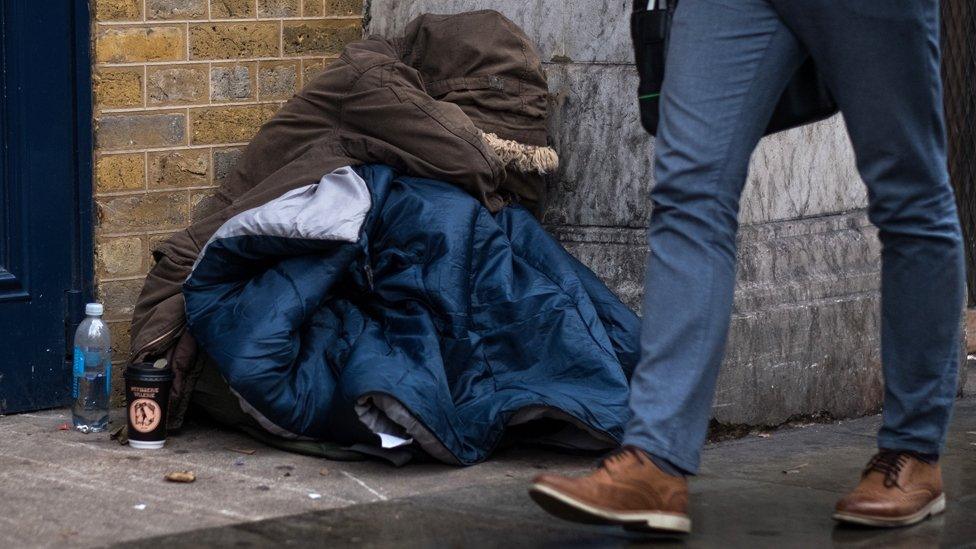
- Published3 March 2019
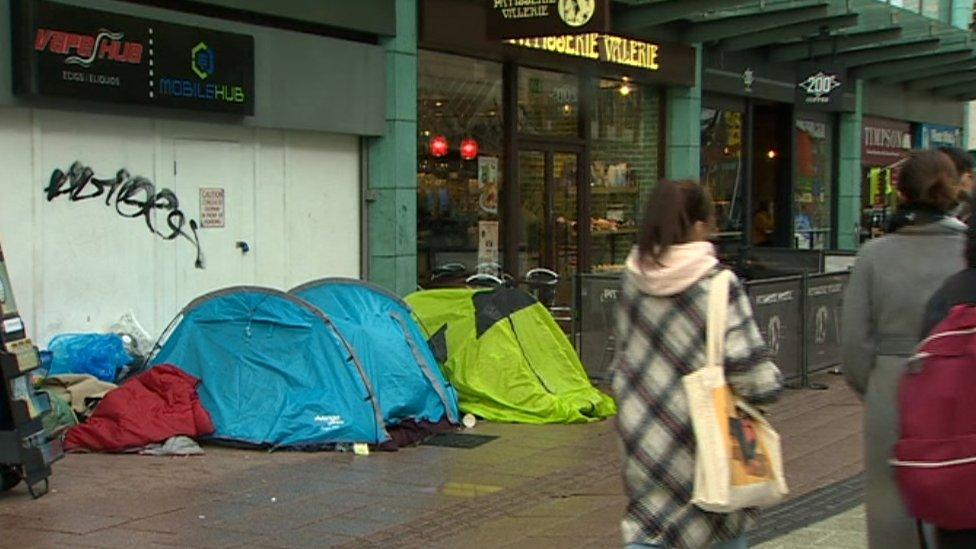
- Published12 November 2018
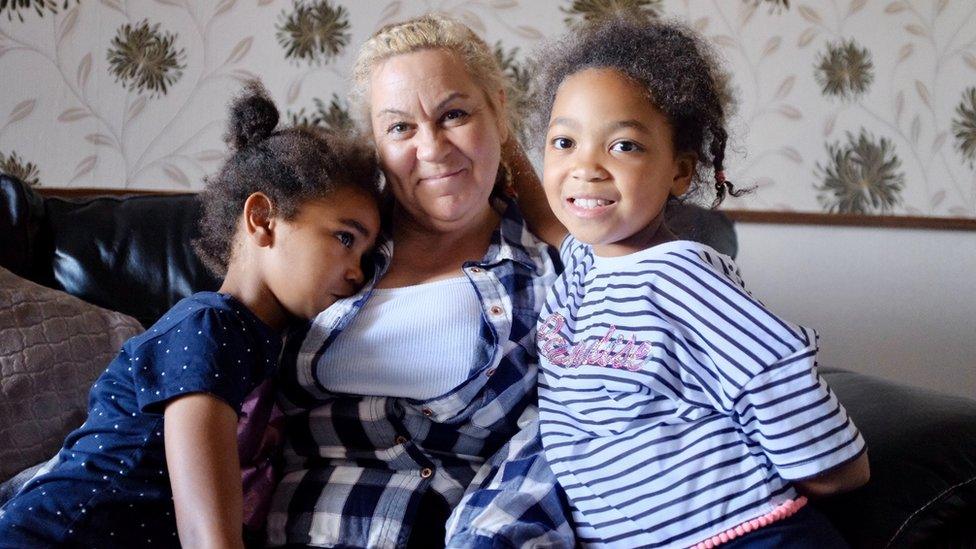
- Published12 October 2017